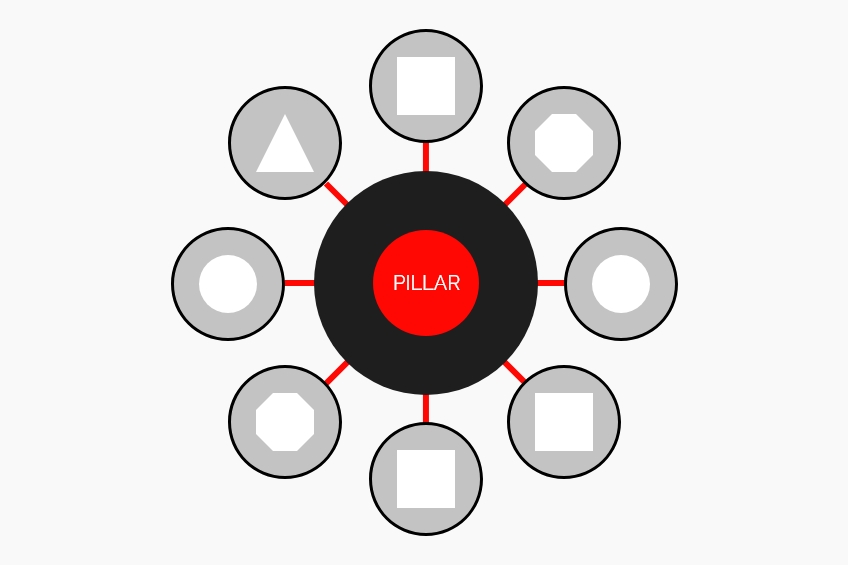
On your SEO journey, you know there are many options. One option you may want to consider is topic clusters. Topic clusters are groupings in your content that revolve around a central subject. You can create a core, central page with this information to repeatedly link to, providing several opportunities for applicable internal linking that will keep your readers on your website. A good way to start topic clustering is to create something called a pillar page which will contain generalities on the subject of your choice with links to in-depth topical pages. The detailed pages will also link back to that pillar page.
Implementing this method should be done carefully and strategically. When done well, topic clusters can help organize your content in a way that makes sense to the reader and your content creators. It improves SEO through the links within your site, showing that you are an expert on a
subject with plenty of material to provide. Your content will also be more comprehensive because you are able to get the basics of a subject on one page, then take the person on a more personalized information-gathering journey. Another benefit is that your content creation will be an easier process. With your pillar page containing the general information of what you want to cover, the in-depth topics have already been introduced, paving the way for diving in as deeply as you want. Readers will appreciate that they can get a general sense of your services or products, and if they’re more interested, they know you’re the right resource. Provide what is needed at the right time rather than overloading them with content on the first take.
If you decide topic clusters are a good focus for you, here’s where to start: First, decide on the main topic(s) you want to discuss. Maybe it’s a main service you offer. Maybe it’s a product that has a plethora of uses you want to explain separately. Or perhaps it’s educating others about health and wellness. Whatever it may be, make sure it’s the general core topic is applicable to your desired end result and is easy to add to on other pages through subtopics. Analyze what you offer and what your audience wants and how to build off those topics.
Next you may want to search the internet for some keywords on the topics you are brainstorming. See what else is out there and what your competitors are writing about. Never copy your competitors but paying attention to activity in your field can give you some perspective. Once you’ve decided on your pillar page(s), outline the content subject matters thoroughly and map out the subtopics and how they’ll branch off your main clusters.
Now you’re about ready to create the content. Avoid overusing the subjects or keywords, often considered keyword stuffing, and make sure everything is readable. With content, SEO is important, but first and foremost the text must make sense to your audience and be engaging enough for them to continue reading.